An Advocate’s Guide to Consent Agendas
Anyone who reads a school board agenda or board meeting minutes will probably notice something called the “consent calendar” or “consent agenda” as an item on the agenda. Consent calendars can consolidate any number of unrelated issues, including required reports; non-controversial, previously agreed upon, technical, administrative or regular orders of business; and non-controversial resolutions (such as those recognizing days of observance) that would otherwise likely receive a unanimous or consensus vote if taken up individually. The consent calendar is a way of streamlining the meeting process.
Since every board meeting is a public meeting, local governments are required by law to post itemized agendas with items that require debate, public comment and possibly a vote. As such, these meetings’ open and closed sessions can often last for several hours.
Most legislative bodies use various versions of consent calendars, and they have written rules and customary practices about what items can and should be placed on a consent calendar. The California legislature generally doesn’t allow an item on a consent calendar if the item has opposition, has undergone substantive amendments, or if there were objections from a committee member. The Joint Rules of the Senate and Assembly say: “Each standing committee may report an uncontested bill out of committee with the recommendation that it be placed on the Consent Calendar.” An uncontested bill is one that receives a unanimous do-pass or do-pass-as-amended vote in the committee, and none of the members present voice opposition.
Legislators can have discussions about what is going on a consent calendar, but the Brown Act — which prohibits local elected officials from having private conversations about the public’s business — can make these discussions unfeasible for school board trustees.
At the school district and county levels, the Superintendent or his/her deputy typically works with board staff to place items on the consent calendar. The agenda must be published at least 72 hours in advance of regular meetings. At the meeting, you have the right to make public comments on any topic, including consent calendar items.
Sometimes untrustworthy boards try to “hide” controversial or difficult items in the consent calendar hoping to avoid attention or debate. That’s why a careful review of the consent calendar is always important to make sure that nothing controversial is hidden. If you have concerns about items on the consent calendar, you can contact the board staff, the Superintendent, or the Superintendent’s deputy ahead of the meeting to ask questions about it. However, the board is not allowed to comment on it outside of an agendized public meeting. Making such an inquiry requires timeliness on your part because the agenda is only published 72 hours ahead of the meeting.
If a board member feels that a consent item deserves to be a discussion or action item instead, it is generally under the authority of the board president to move the item off of the consent calendar. The board will usually vote to make this change at the beginning of the meeting as the agenda is being adopted/approved by the board. One of the benefits of moving an individual item off the consent calendar is that it opens the issue up for board discussion. As a result, individual board member comments and votes are on record for that issue In other words, removing an item from the consent calendar makes it so the trustees cannot “hide” their position on that issue.
Some boards in California have policies that provide a process for members of the public to request items be pulled from or added to the agenda. However, not all boards allow the public to do this, so check your board policies. These rules are usually available on a school district’s website.
Asking your superintendent, deputy superintendent, or board’s staff about moving the consent item out of the consent calendar should only be done when necessary, and not as a way to try to frustrate an unfriendly board. Generally, directing questions about the consent items to district or board personnel is the best first step if you have concerns about issues placed there.
For more information on school board agendas, view our Guide to School Board Agendas here.
